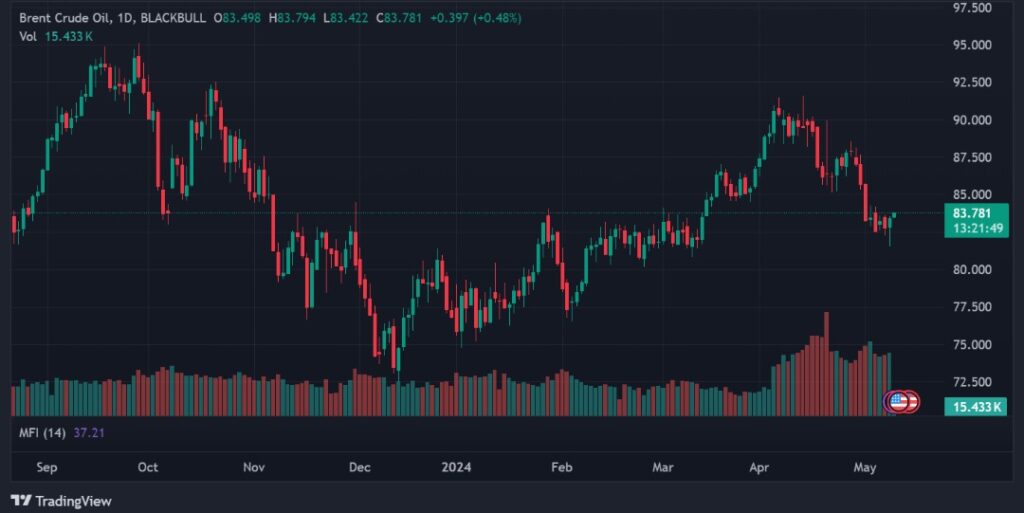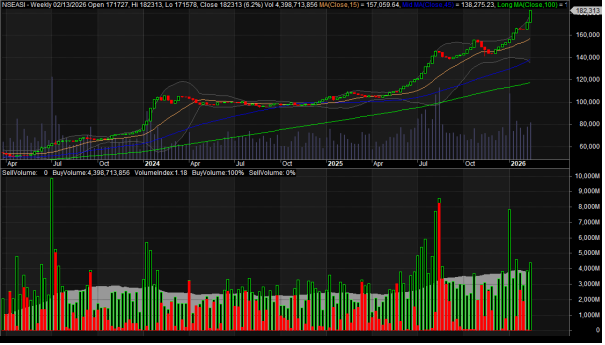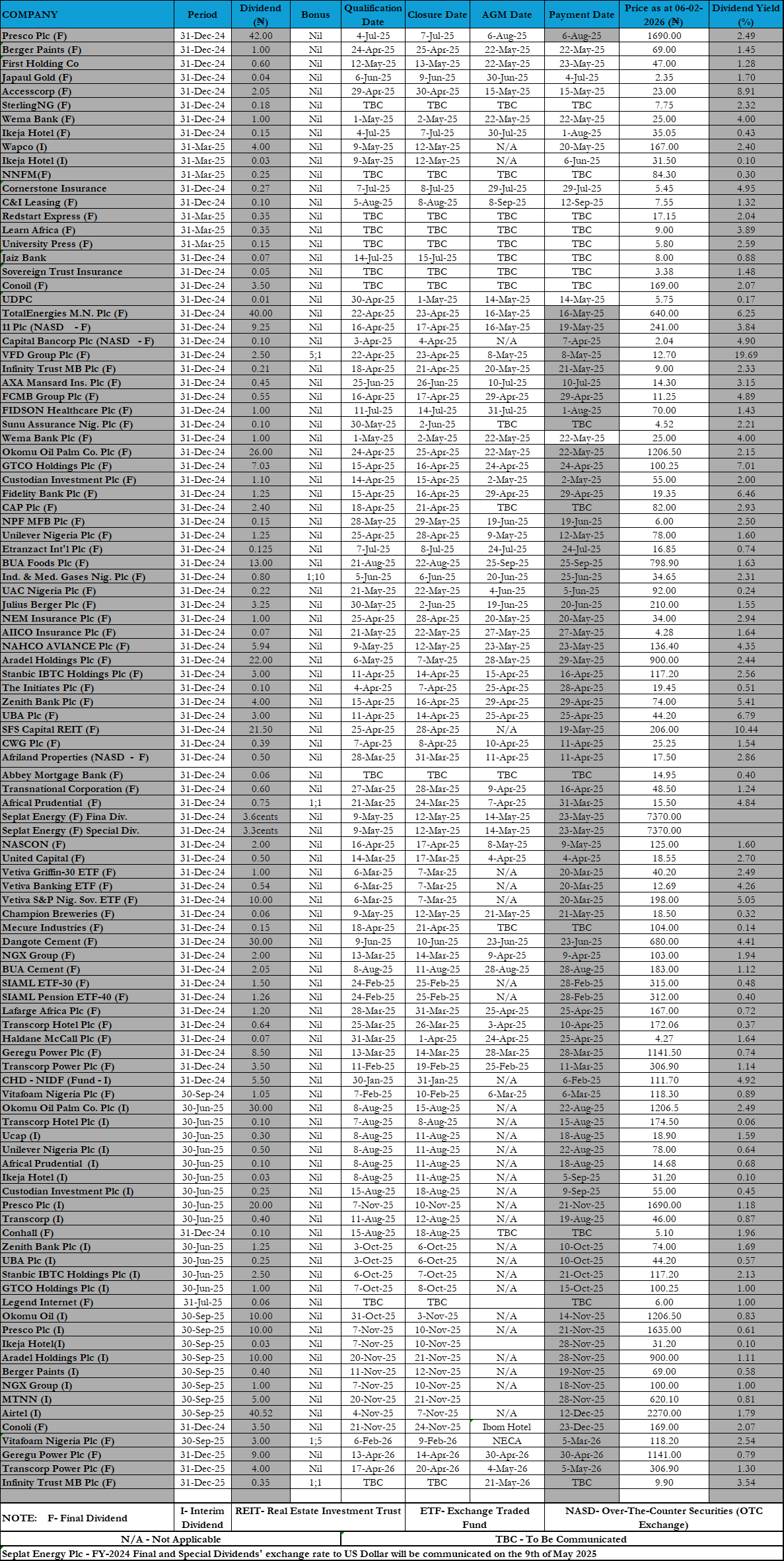
On Wednesday, oil prices inched up as data revealed a decrease in U.S. crude inventories last week, attributed to refineries gradually increasing production in anticipation of the summer driving season. However, gains were limited by the strengthening dollar. U.S. crude inventories fell by 1.4 million barrels to 459.5 million barrels last week, while Refinery utilization rates rose by 1 percentage point to hit 88.5% of total capacity. Brent crude oil futures surged by 0.5%, to close at $83.58 a barrel. U.S while the West Texas Intermediate crude futures increased by 0.8%, to $78.99 a barrel.
Stocks and bonds fluctuates amid mixed global economy signal
The Federal Reserve’s preferred gauge of inflation rose to 2.7% in March, from 2.5% registered in February. Q1’ growth came in well below expectations, as did April’s employment figures. As traders brace for higher-for-longer rates, bond yields have risen and prices have fallen, wiping out all of last year’s gains. The S&P 500 stock index fell by about 4% in April before recovering in recent days. Britain and the euro zone have been less impressive but are starting to recover, giving a projection hat any rate cuts will be limited. The euro zone economy rebounded in first quarter after a mild recession while British output grew in January and February. The European Central Bank is expected to deliver a rate cut in June, with inflation in the bloc at 2.4% in April, rate cut bets have also been pared back. A stronger U.S. economy compared to Europe has caused investors to flock to the dollar, pushing the euro down more than 2% in less than 5months.
Argentina’s industrial production plunges close to pandemic-era lows
Argentina’s industrial output declined 21.2% YoY in March, the most significant decline since the lowest point of the COVID-19 pandemic. The incoming government, faced with a triple-digit inflation economic crisis upon assuming office in December, grapples with the challenge of stabilizing the country’s unstable finances while preventing a looming recession. Milei’s aggressive cost-cutting initiative, initially led to rare fiscal surpluses and enabled the central bank to bolster reserves. However, the economy is now experiencing significant downturns, evident in sharp declines in consumption, construction, and manufacturing. manufacturing was down over 40% in the month, electronics and tools almost 43%, while metal and machinery products were down nearly 33%. Non-metal minerals and base metals was down some 35%, and cars and transport slid 25%.
Saudi Aramco maintains $31 billion dividend amid a decline in Q1 net income
Saudi Arabia’s state oil giant Aramco, despite lower earnings reported for the first quarter on Tuesday, intends to pay $31 billion in dividends to the Saudi government and its shareholders. This decision comes amid challenges posed by lower oil prices and reduced sales volumes. The oil giant reported a 14% decline in first-quarter net income to $27.3 billion in the three months to March 31, down from $31.9 billion a year earlier, according to the company earnings statement. The company announced base dividend payouts for the first quarter, amounting to $20.3 billion, which will be entirely covered by first-quarter profits. Additionally, a performance-linked dividend distribution of $10.8 billion is scheduled to be paid in the second quarter.













